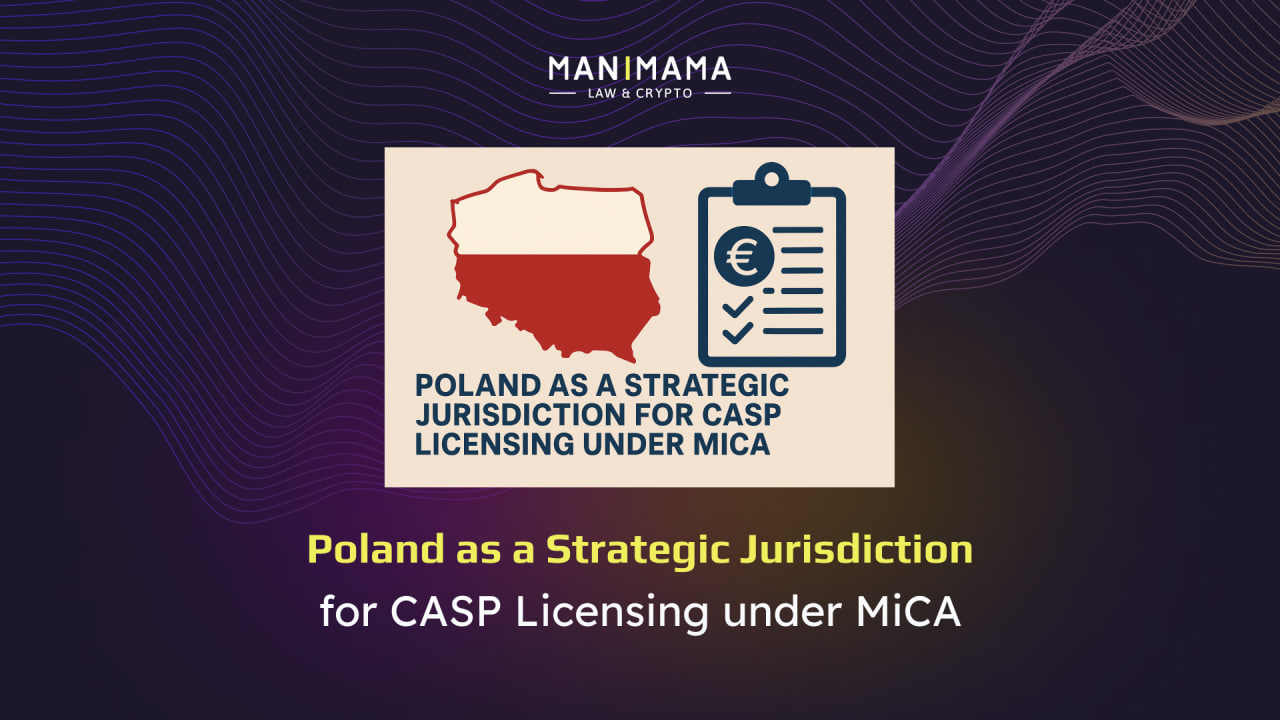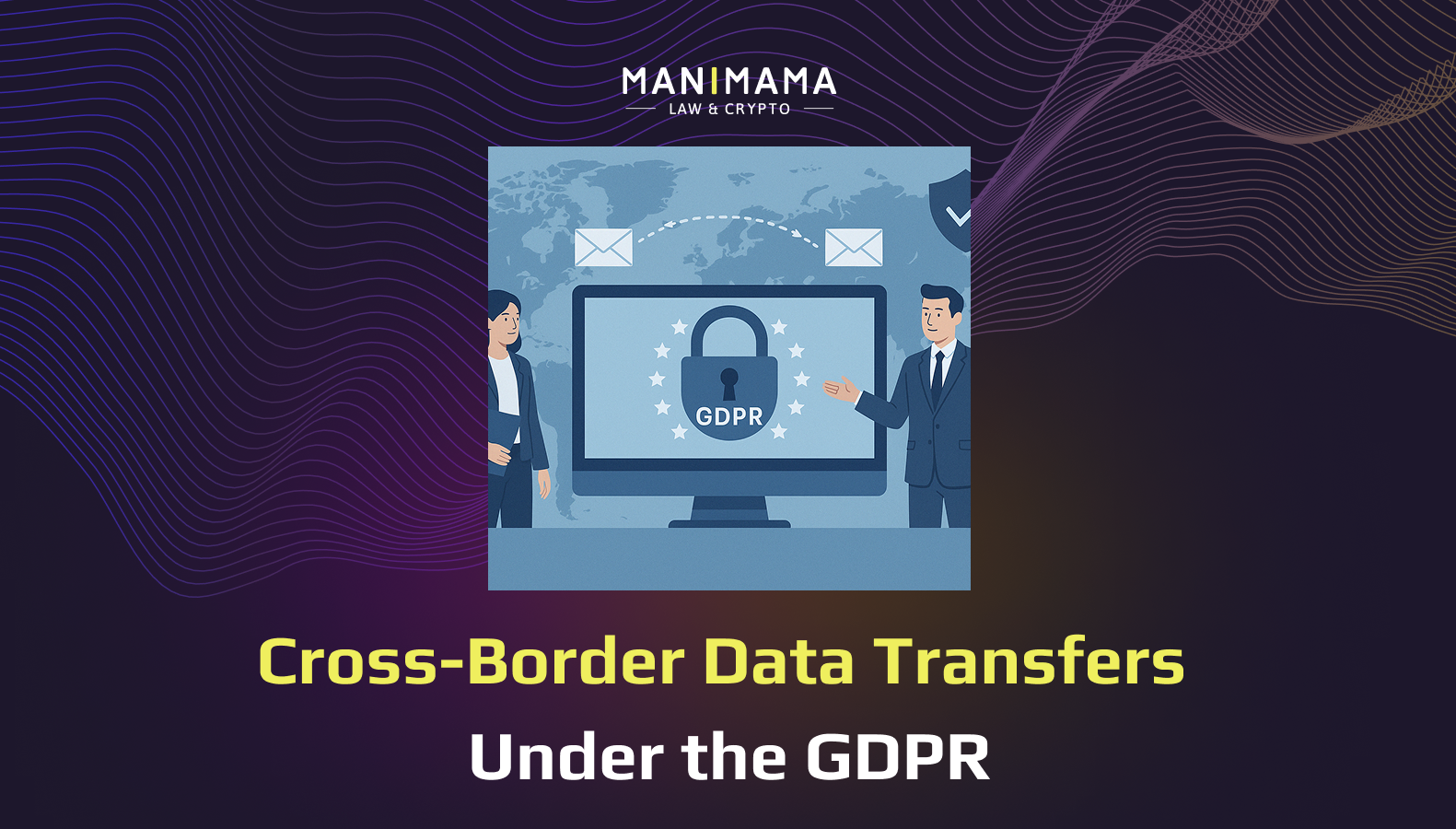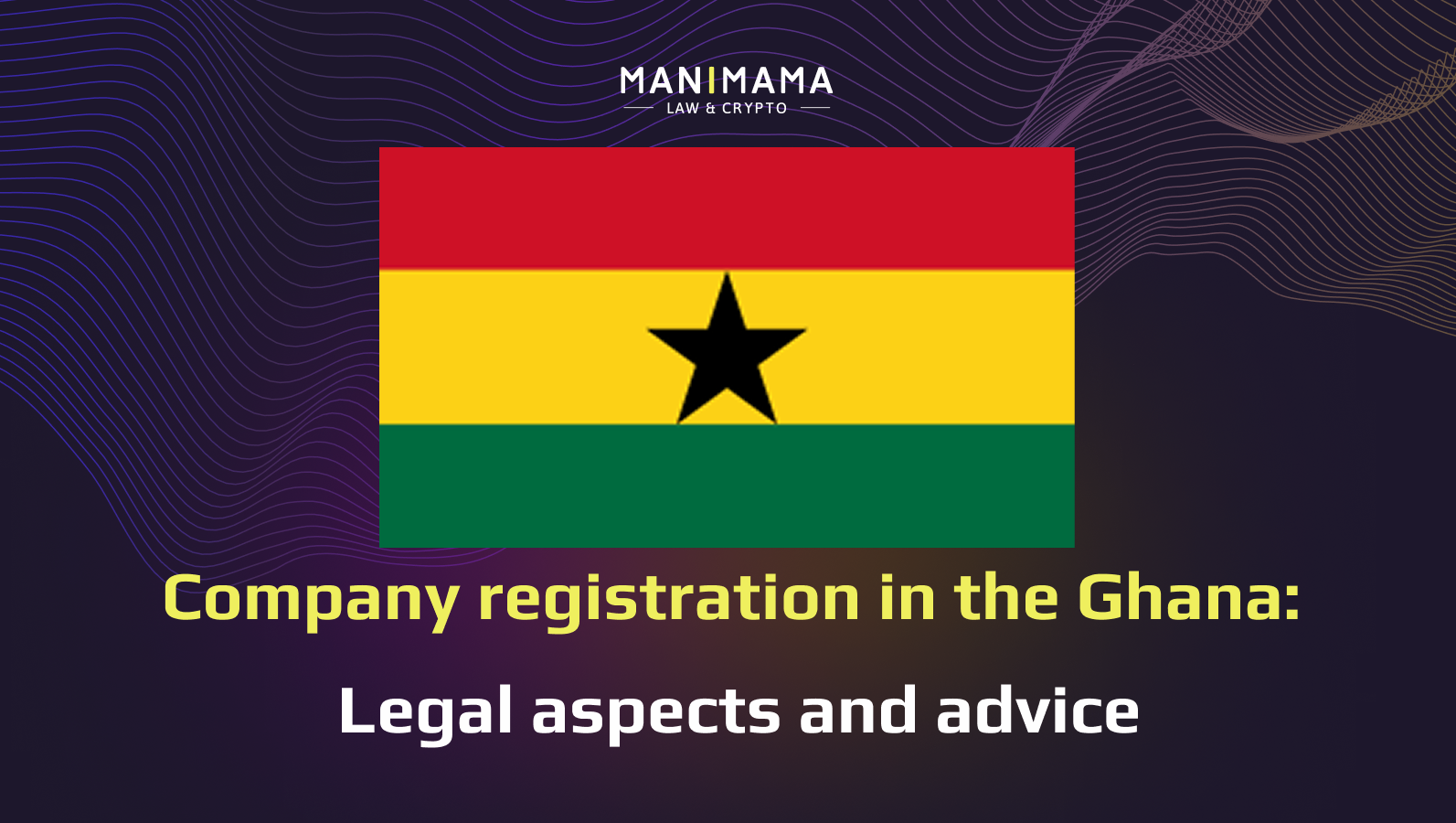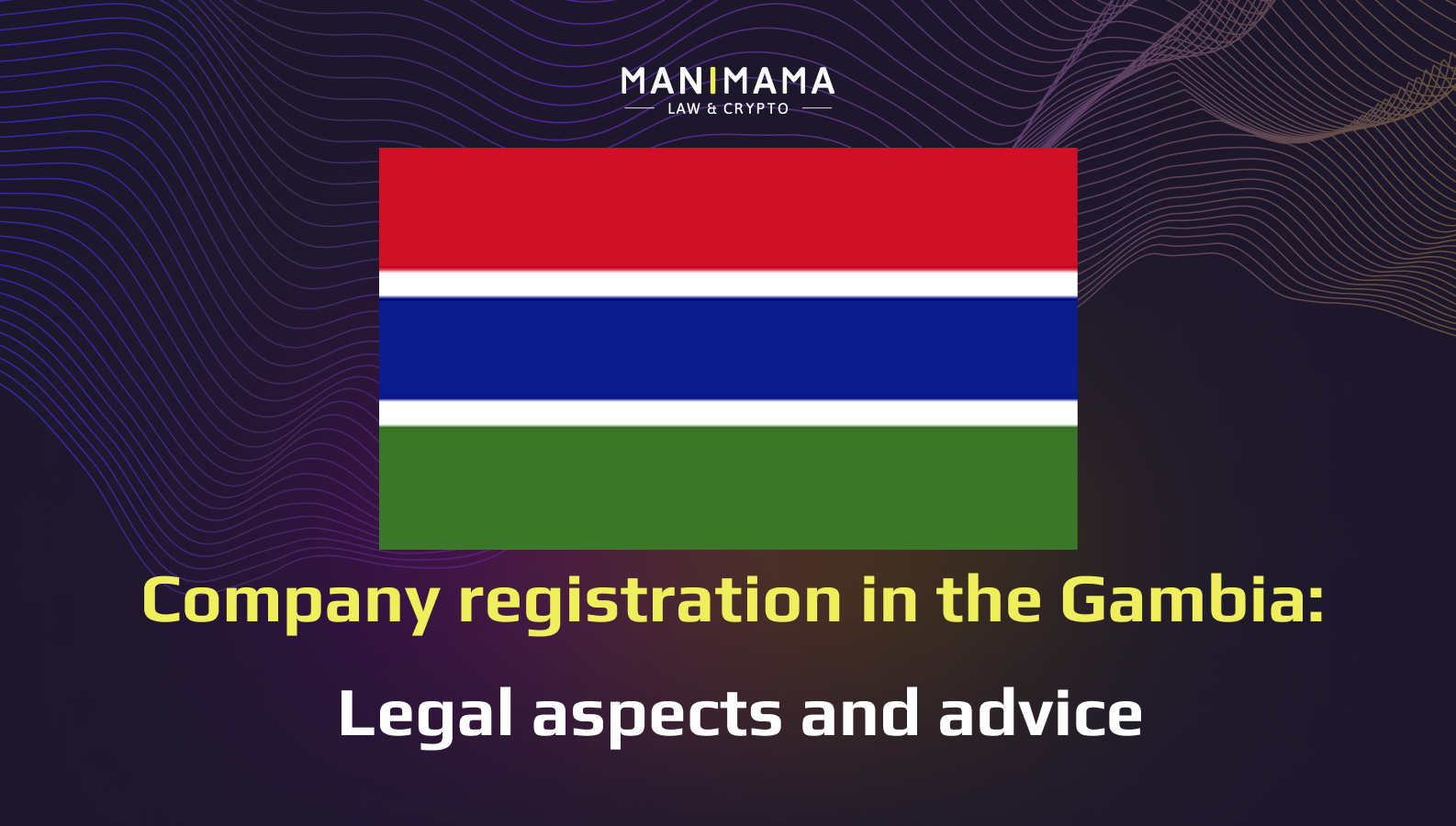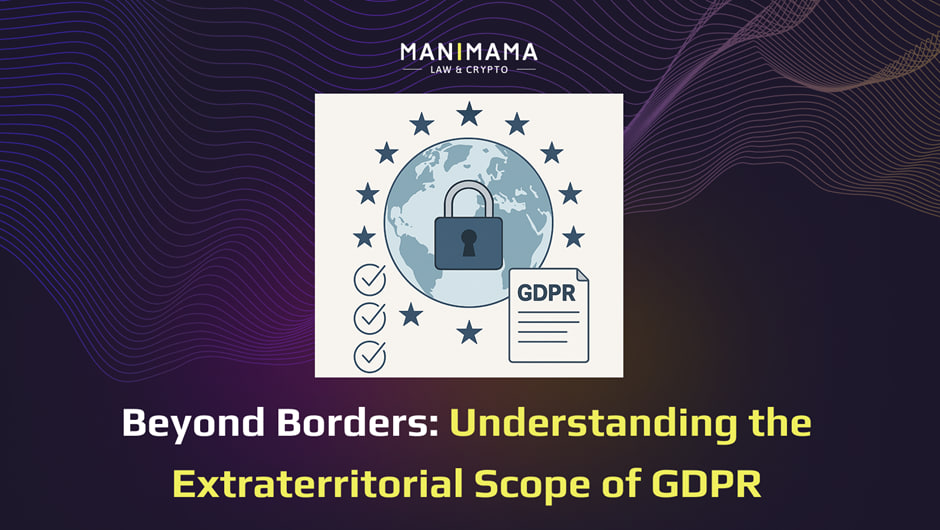Regulation of the cryptocurrency market is constantly becoming stricter. Nowadays jurisdictions impose high regulatory and risk management requirements on virtual asset service providers.
Despite this, we always manage to find a solution that suits the client. All the time our team provides research of the market and regulations on various markets to find the best jurisdiction. Not so long ago we have made the global overview of the VASP regulation in EEA and ready to share information with our future and existing clients. Today we will look at the features of obtaining a cryptocurrency license in Liechtenstein.
Tax Summary:
- Personal income tax – 3% – 24%
- Corporate income tax – 12,5%
What law/s governs VASP activities?
- Act on Tokens and TT Service Providers (“TVTG”)
- Ordinance on Tokens and TT Service Providers (“TVTV”)
- Due Diligence Act (“DDA”)
- Due Diligence Ordinance (“SPV”)
- FMA Guidelines
- Others FMA Instructions and Forms
What activities are included in VASP services?
Virtual asset service providers in Liechtenstein are called TT service providers. Trustworthy technologies (TT) are defined as technologies through which the integrity of tokens, the clear allocation of tokens to a TT identifier, and the transfer of tokens can be ensured.
Pursuant to Article 12 TVTGthe following persons must be registered with the FMA:
- Token Issuers: persons professionally offering tokens to the public in the name of third parties (Article 12(1) TVTG). This includes, for example, trading venues that carry out ICOs for their clients. Persons who publicly offer tokens in their own name (own issuance) or who publicly offer the tokens in the name of third parties, but do not do so on a professional basis, must also register if the value of the tokens issued during twelve months exceeds or will exceed CHF 5 million.
- Token Generators: persons who create original tokens on behalf of third parties.
- TT Key Depositaries and TT Token Depositaries: persons who safeguard tokens or private keys for third parties, e.g. in a safe or a collective wallet. This also includes the execution of transactions for third parties. These services are typically provided by crypto exchanges or wallet providers.
- TT Protectors: persons who hold tokens on TT systems in their own name on account of third parties (note: a license under the Professional Trustees Act is obligatory in this case).
- Physical Validators: persons who ensure the enforcement of rights in accordance with the agreement, in terms of property law, to goods represented in tokens on TT systems.
- TT Exchange Service Providers: persons who exchange legal tender for tokens and vice versa as well as tokens for tokens. Typically this includes ATMs at which cryptocurrencies can be exchanged, but also persons who offer exchanges against their own book exclusively online.
- TT Verifying Authorities: persons who verify the legal capacity and the requirements for the disposal over a token. This includes, for example, services that ensure that only persons of legal age or those with a specific authorisation can purchase certain tokens.
- TT Price Service Providers: persons who provide TT system users with aggregated price information on the basis of purchase and sale offers or completed transactions. This includes persons who publish independently calculated prices for tokens.
- TT Identity Service Providers: persons who identify the person in possession of the right of disposal related to a token and who record it in a directory.
- TT Agents: persons professionally distributing or providing TT services in the name of and for the account of a foreign TT service provider in Liechtenstein.
Who is the VASP regulator?
- Financial Market Authority of Liechtenstein (“FMA”)
What is the procedure for registering a VASP for a local company?
Natural and legal persons who have a registered office or place of residence in Liechtenstein and who wish to provide TT services in Liechtenstein on a professional basis must apply to the FMA for entry into the TT Service Provider Register (Article 23).
To be authorized in the TT register it is necessary to:
- Submit an online application which must contain:
- The name and address of the company in Liechtenstein.
- Information on the type of services the applicant intends to offer.
- Information on the legal form of the applicant.
- The application must be accompanied by evidence of the existence of the requirements under Articles 13-17:
- Proof that the directors are capable of acting independently.
- Proof that the directors/shareholders/beneficiaries are reliable and professionally qualified.
- Proof that the company has a registered office or the place of residence of the management of the company is in Liechtenstein.
- Proof that the company has a minimum statutory capital according to the type of activity the company has chosen (e.g. for TT token custodians €100,000, for physical validators €250,000 , for issuers €250,000).
- Evidence that the applicant has an appropriate organizational structure with defined areas of responsibility and a procedure for managing conflicts of interest.
- Evidence that the applicant has written internal procedures and controls appropriate to the type, scope, complexity and risks of the translation services provided and ensures that they are adequately documented.
- Evidence that the applicant holds an additional license/permit, if such a permit is necessary in view of the services offered.
- If requested by FMA, additional information and documents must be provided to the extent necessary to evaluate the application for registration.
The application fee for a single license is €1,500, which is non-refundable if the application is rejected. In the case of an application for several licenses, the first one costs €1,500 and the application for each additional licence costs €700.
Is there any specific authorization required for a VASP from another EU member state to provide services in this jurisdiction?
The Liechtenstein regulator, FMA, indicates that registration under the TVTG is effective exclusively in Liechtenstein, passporting according to the model of European financial market laws is therefore not possible.
If a service provider wishes to operate on a cross-border basis and, for example, advertise abroad or approach clients abroad, the service provider must therefore independently clarify in advance whether the service is subject to licensing in the chosen country.
The FMA’s position applies to VASPs from Liechtenstein but does not apply to VASPs from other EU members. Part 1, Article 12 states that natural and legal persons who have a registered office or place of residence in Liechtenstein must be authorized. Part 3 of the article mentions that foreign persons who wish to offer physical ATM services must obtain authorisation. Other types of services are not explicitly mentioned as requiring authorization for foreign persons.
The FMA has provided a questionnaire that can help determine whether a person needs a license in Liechtenstein. According to the questionnaire, if neither the headquarters/residence nor the target market (the target market can be determined by the focus of your business – offering advertising to a certain region or citizens of a certain country, offering services exclusively to certain citizens or having privileges for such citizens) are located in Liechtenstein, then it is unlikely that a license or registration will be required.
The above means that a foreign VASP is exempted from the need to obtain authorization from the FMA if it does not have any physical presence in Liechtenstein or its promotional activities/direction are not targeted at the Liechtenstein market.
What is the liability for the activities of a VASP from another EU member state without local registration/authorization in this jurisdiction?
According to Article 47 TVTG the district court shall impose a penalty of imprisonment for a term of up to 1 year or a fine of up to 360 daily rates to any person who:
- Provides funds transfer services subject to registration, contrary to Art. 12.
- Contrary to Art. 24 uses a designation indicating activity as a provider of TT services.
- Received registration as a TT service provider based on false information or other illegal means.
- As a provider of TT services systematically and seriously breaches its statutory duties.
In accordance with Article 19 StGB, the daily rate shall be calculated according to the personal circumstances and financial capacity of the offender at the time of the judgment of the court of first instance. However, the daily rate is set at a minimum of CHF 15 (€15) and a maximum of CHF 5,000 (€5,000).
Manimama Legal & Growth Agency provides a gateway for the companies operating as the virtual asset wallet and exchange providers allowing to enter to the markets legally. We are ready to offer an appropriate support in obtaining a license with lower founding and operating costs. We offer KYC/AML launch, support in risk assessment, legal services, legal opinions, advice on general data protection provisions, contracts and all necessary legal and business tools to start business of virtual asset service provider.
The content of this article is intended to provide a general guide to the subject matter, not to be considered as a legal consultation.


